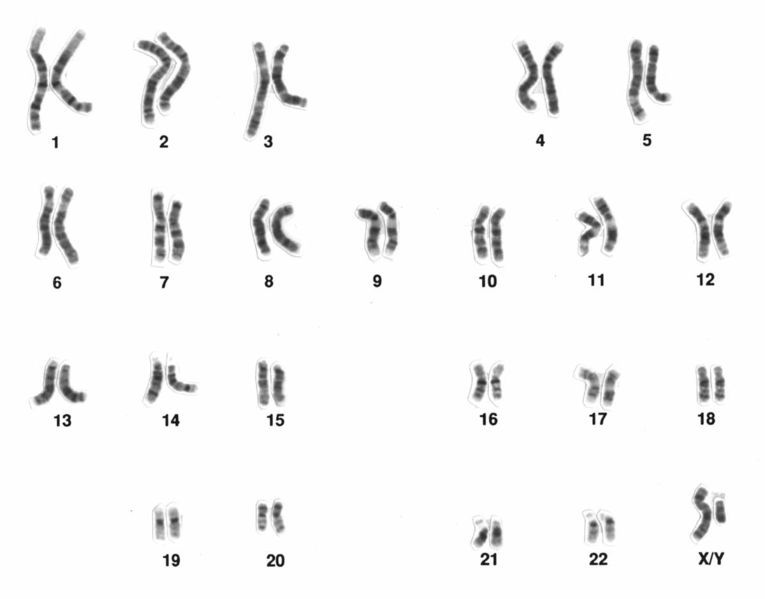-
 Lyman-alpha forest
Lyman-alpha forest
-
 Platinum
Platinum
-
 Sika deer
Sika deer
-
 Leptin
Leptin
-
 Enzymopathy
Enzymopathy
-
 Primary colour
Primary colour
-
 Office automation
Office automation
-
 Sterile neutrino
Sterile neutrino
-
 Kebira crater
Kebira crater
-
 Pigouvian tax
Pigouvian tax
-
 Critical pressure
Critical pressure
-
 Scarring
Scarring
-
 Reflected light
Reflected light
-
 Myelogram
Myelogram
-
 Parapatry
Parapatry
-
 Event horizon
Event horizon
-
 Ria
Ria
-
 REDOC
REDOC
-
 Compatibility
Compatibility
-
 Almond tree
Almond tree
-
 Roskosmos
Roskosmos
-
 Whale constellation
Whale constellation
-
 De facto standard
De facto standard
-
 Anaesthetic
Anaesthetic
-
 Chloasma
Chloasma
-
 Traceability
Traceability
-
 NASA World Wind
NASA World Wind
-
 Opiate antitussive
Opiate antitussive
-
 Angina
Angina
-
 Mango
Mango
A rare disease
According to the French Institute for Health Monitoring (INVS), a disease is defined as rare if it does not affect more than one person in 2,000, i.e. less than 30,000 people in France with the same disease. Approximately 4 million people in France suffer from them.
Examples of rare diseases
There are more than 7,000 rare diseases listed to date, 80% of which are genetic diseases. Most of these present in early life and can be incapacitating.
A few examples are familial breast cancer, multiple sclerosis, Marfan's syndrome, infantile apnoea, myopathies, haemophilia, etc.
Treatment of rare diseases
Because of the large number of different diseases, each disease affects very few patients. The total population affected is large and apart from the ethical issue, it merits attention from the public authorities and providers of finance at least from a public health perspective.
However, the incidence of these diseases is such that they affect too small a population to enable treatments to be developed and marketed profitably. Many rare diseases are therefore also considered to be "orphans", that is, only symptomatic treatment is available.
 Most rare diseases are genetic. © DR
Most rare diseases are genetic. © DR
Latest
Fill out my online form.



